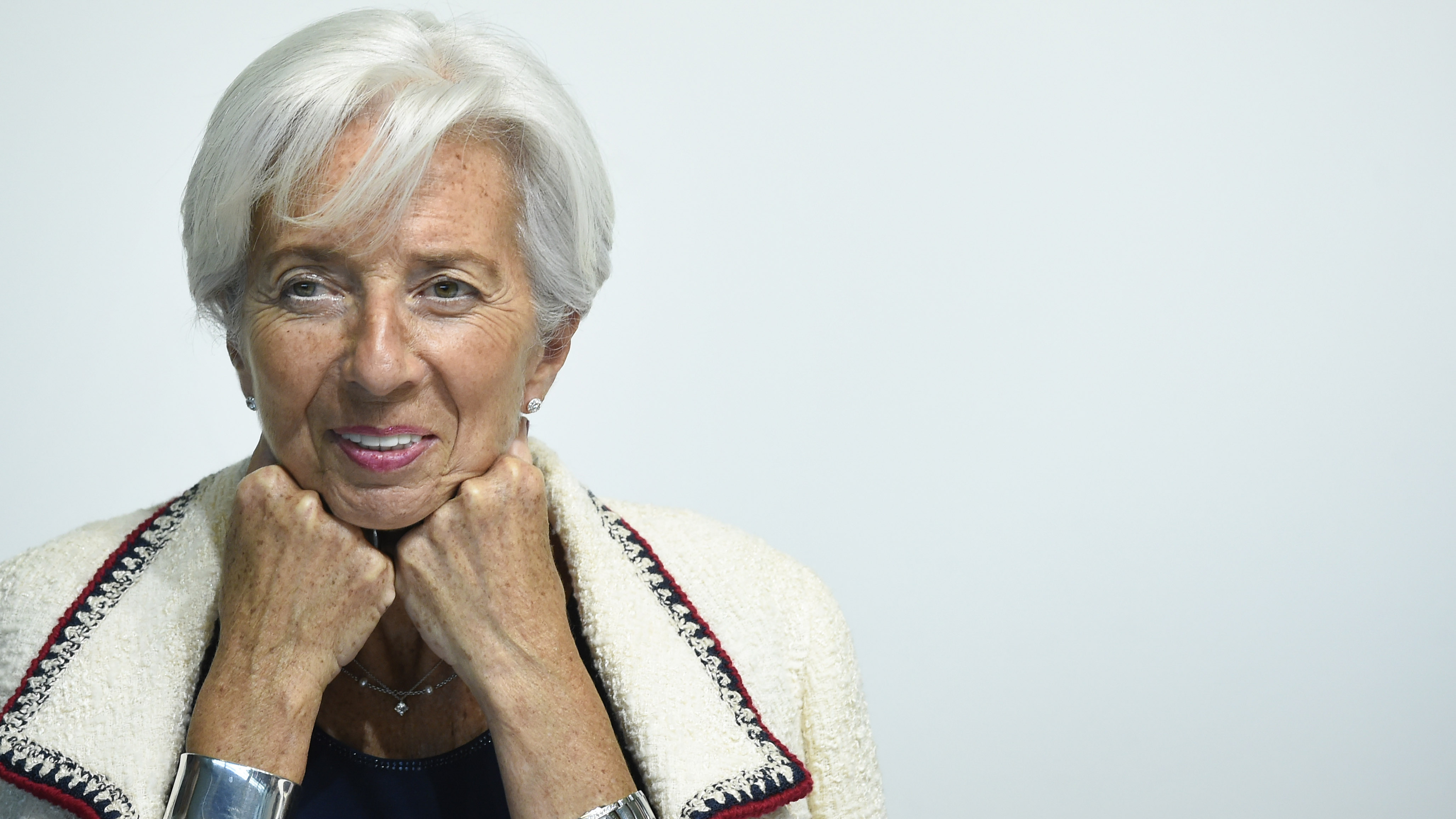01:49

An economy fast losing steam, a bank where policymakers are increasingly at odds with each other and an empty monetary toolbox - Christine Lagarde has her work cut out as she takes over the reins of the European Central Bank (ECB), on Friday.
The 63-year-old French politician, well-known for her diplomatic and technocratic skills, would have to chart a path towards growth as global trade wars, bureaucratic red tape and populism take a toll on Europe's coffers.
So, what are the key challenges facing ECB's first female president as she takes office in Frankfurt?
The US-China trade war and Brexit
According to Lagarde, the ongoing trade feud between the United States and China is the biggest threat to the global economy. As both sides indulge in slapping tariffs on goods and services, businesses and investors have been at the receiving end.
The ECB, particularly, has much to worry, given the export-driven nature of the eurozone. US President Donald Trump has also trained guns on European governments, accusing them of protectionist measures.
Lagarde would have to bring all her skills to bear to balance the ECB's economic objectives with growing nationalist sentiments. A festering Brexit crisis has further hurt prospects of recovery, keeping key investment and business decisions in limbo.

The ECB has much to worry about global trade wars, given the export-driven nature of the eurozone. (Credit: AP)
The ECB has much to worry about global trade wars, given the export-driven nature of the eurozone. (Credit: AP)
As she sets out to complete her eight-year tenure, Lagarde has little room to maneuver while growth slows in the eurozone.
A fresh round of monetary stimulus announced on 12 September, thanks to her predecessor Mario Draghi, would help the ECB stave off interest rate hikes until at least 2022, but that might not be enough.
Decades of rate cuts and a quantitative easing program (QE) that helped pump trillions of euros into struggling European economies have sapped the central bank of any reserve firepower.
Widening rift within the ECB
A fallout of incessant rate cuts and QE has been a widening gulf between eurozone members who support the measures and those who don't. Sharp differences came to the fore in September, when a decision was taken to resume government bond purchases in an effort to boost recovery and nudge inflation to just below two percent.
Objecting to the move were more than a third of ECB policymakers. The strongest criticism came from Germany, the eurozone's largest economy. Some southern European nations backed the move but Lagarde would be expected to walk a diplomatic tightrope in trying to manage such competing interests.

ECB chief Lagarde has urged countries in better financial shape to spend more in order to spur growth. (Credit: AP)
ECB chief Lagarde has urged countries in better financial shape to spend more in order to spur growth. (Credit: AP)
Making a case to spend more
Lagarde, as recently as Wednesday, repeated Draghi's call for countries in better financial health to spend more in order to spur growth and not leave the responsibility entirely on the central bank.
Germany, for instance, insists on running budget surpluses.
"After the crisis in 2008 everyone worked together and countries ... did their job. But since then ... countries that have budgetary space have not made the necessary efforts in investment to support growth," Lagarde said on RTL radio.
"Notably countries like Netherlands, Germany and some others in the world."
"Those that have a margin of manoeuvre - why not use this budget surplus and invest in infrastructure, which really needs it? Why not invest in education, why not invest in innovation?" she added.